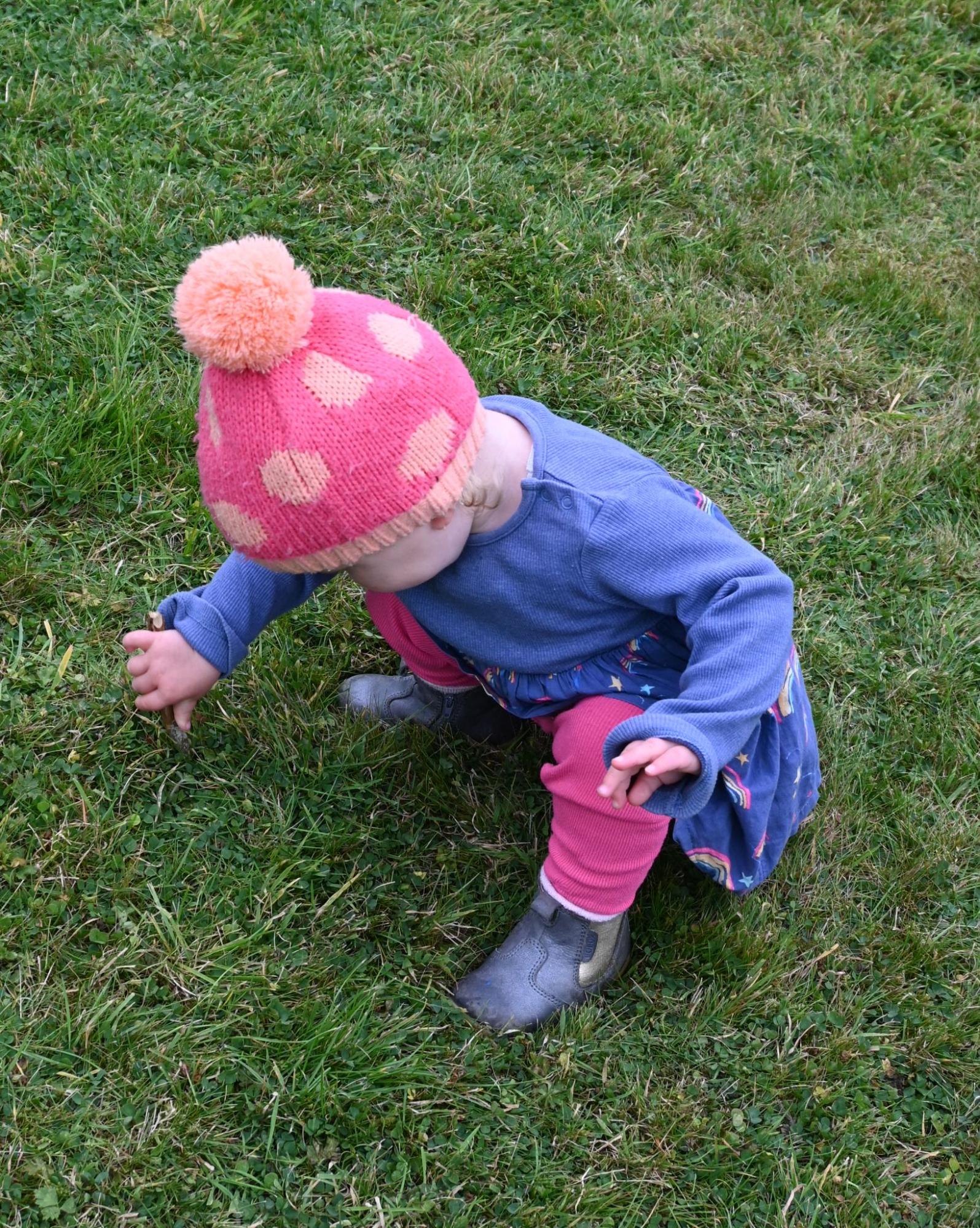Introduction
Restoring land without restoring relationship is an empty exercise. It is relationship that will endure and relationship that will sustain the restored land.
— Robin Wall Kimmerer
The source of all regenerative culture is living nature.
Western civilisation has separated culture from nature and defined non-human beings as “things” or “objects” and humans as the central “subjects”. Western thinking is largely exclusive (what suits particular humans) and resource oriented. Darwinian theories of nature have overemphasised competition and not paid enough attention to the many dependencies within which competitions play out.
However, the ecological crises that motivate us to Rebel against Extinction demonstrate that this thinking is faulty: culture and nature are not separate, we are deeply entangled with life.
Take an individual as an example, maybe ourselves - we make the individual that is us, by taking in air/feeding from other life while at the same time providing carbon dioxide, skin cells and waste that creates more life. We are part of life, we are nature.
Another example is the water cycle. All the water in the world has always been here, it cycles through humans and other beings, returns to the rivers and the seas, evaporates, becomes clouds and rain or snow and enters into bodies by being drunk or as droplets in breath, in endless cycles of regeneration.
Our ancestors recognised this and many Indigenous societies live in this way. When we see life as a web of relationships, we understand that reciprocity (mutual dependence) is needed for all to thrive.
We can be guided by some principles that can be identified in Indigenous cultures:
- We all have to work together: “I am because you are” (Ubuntu philosophy).
- We want reciprocity (giving and receiving).
- Everything has life.
- We can understand reality by taking part in its aliveness (with our body i.e. not theoretical).
- Rather than the focus on postponing our individual death, we focus on keeping the world fertile and diverse.
In a world of connections, we are not lone individuals set against one another, we collectively create the whole process of life. The collective is as important as the individual and the ways, and thoughts, and desires of non-human beings cannot be left out.

There is more to explore around this topic- if you are interested, you could start with the work of Andreas Weber.
